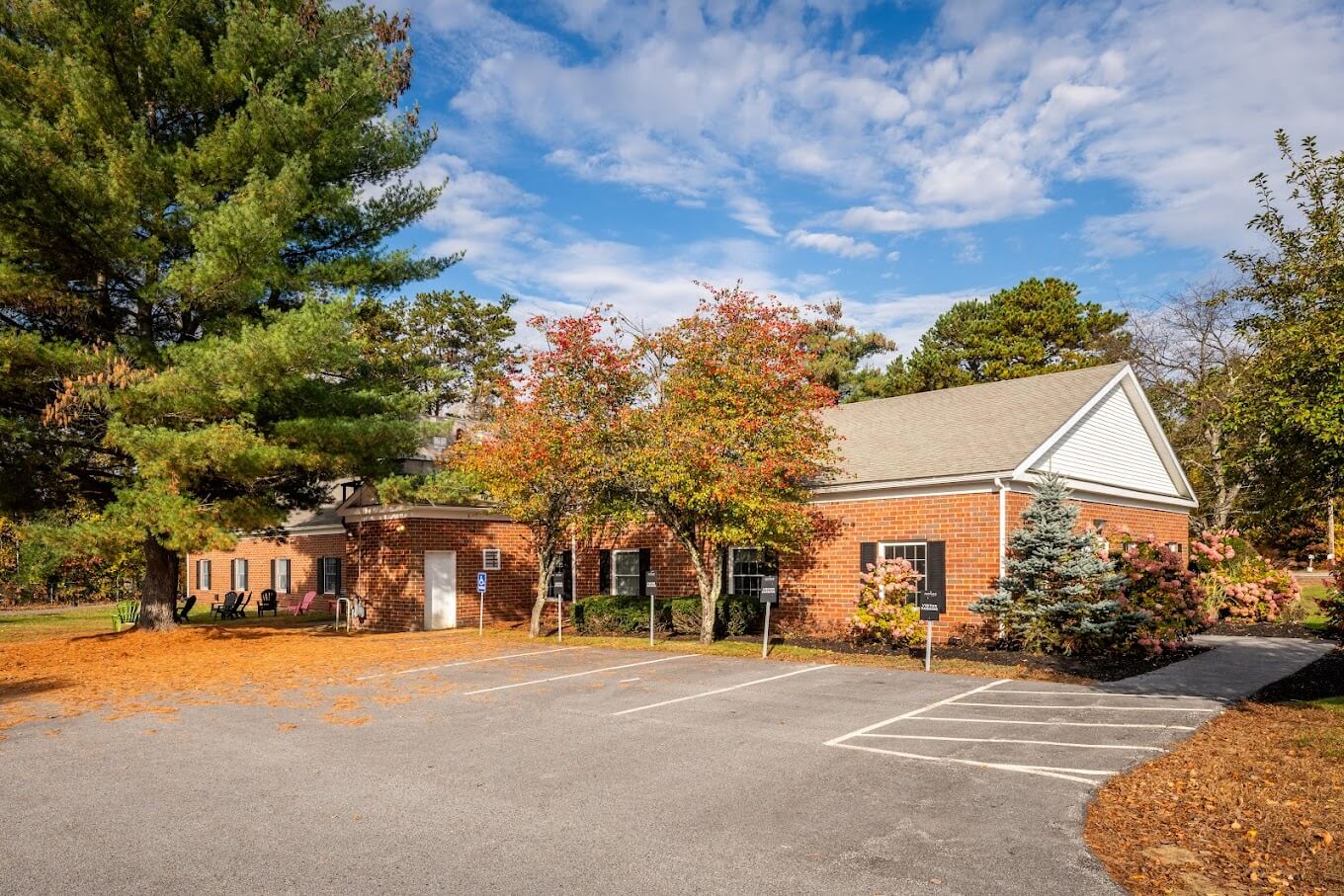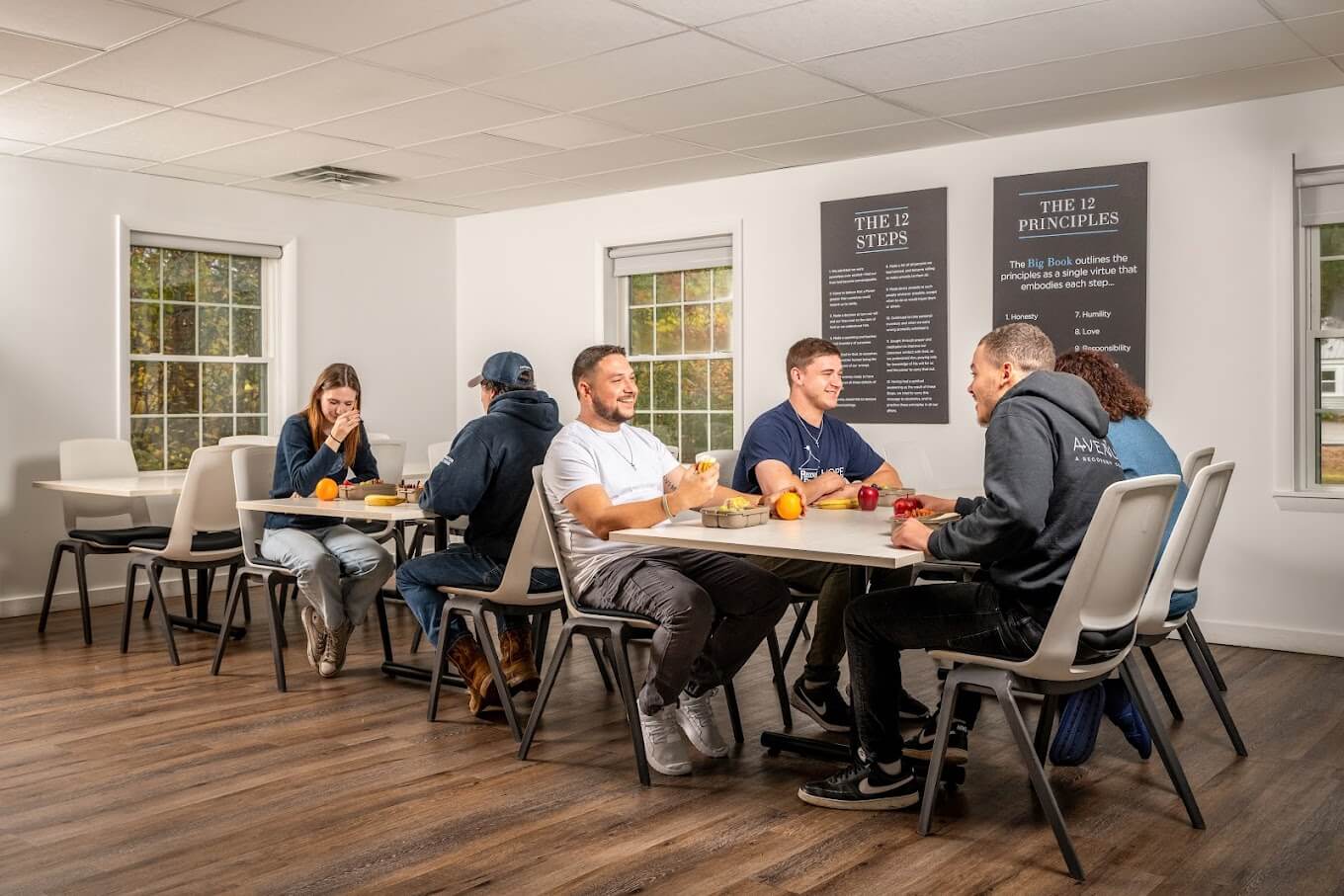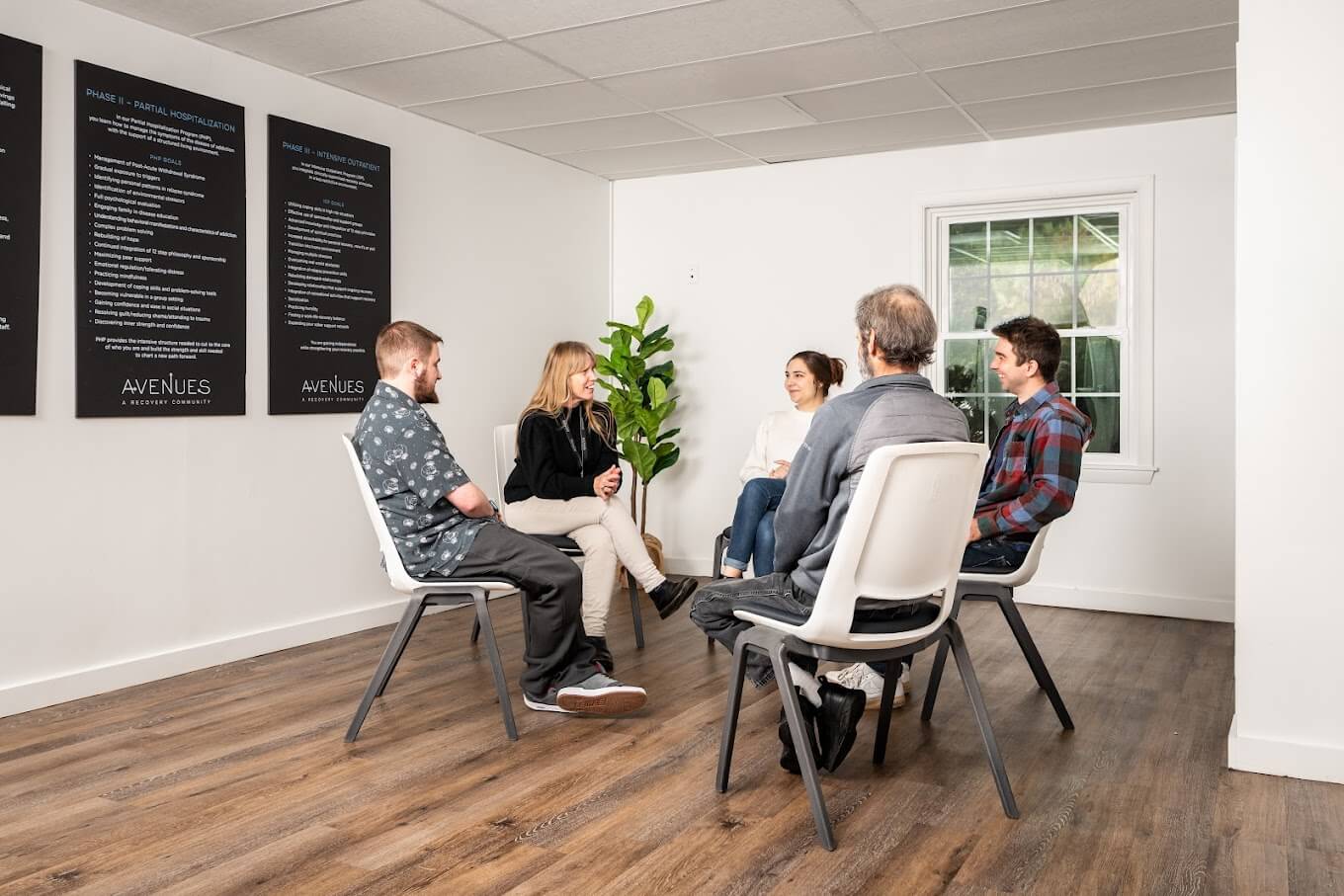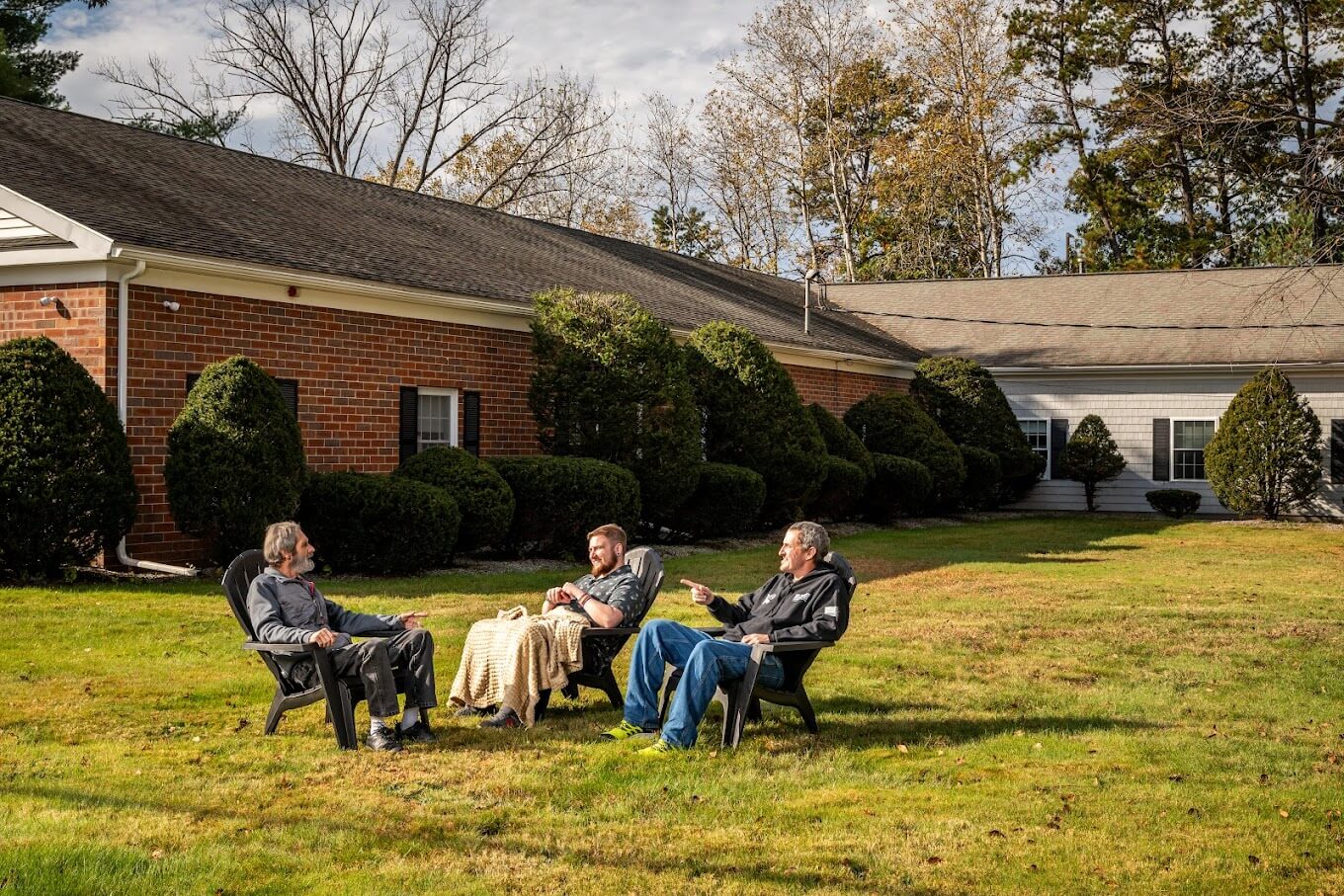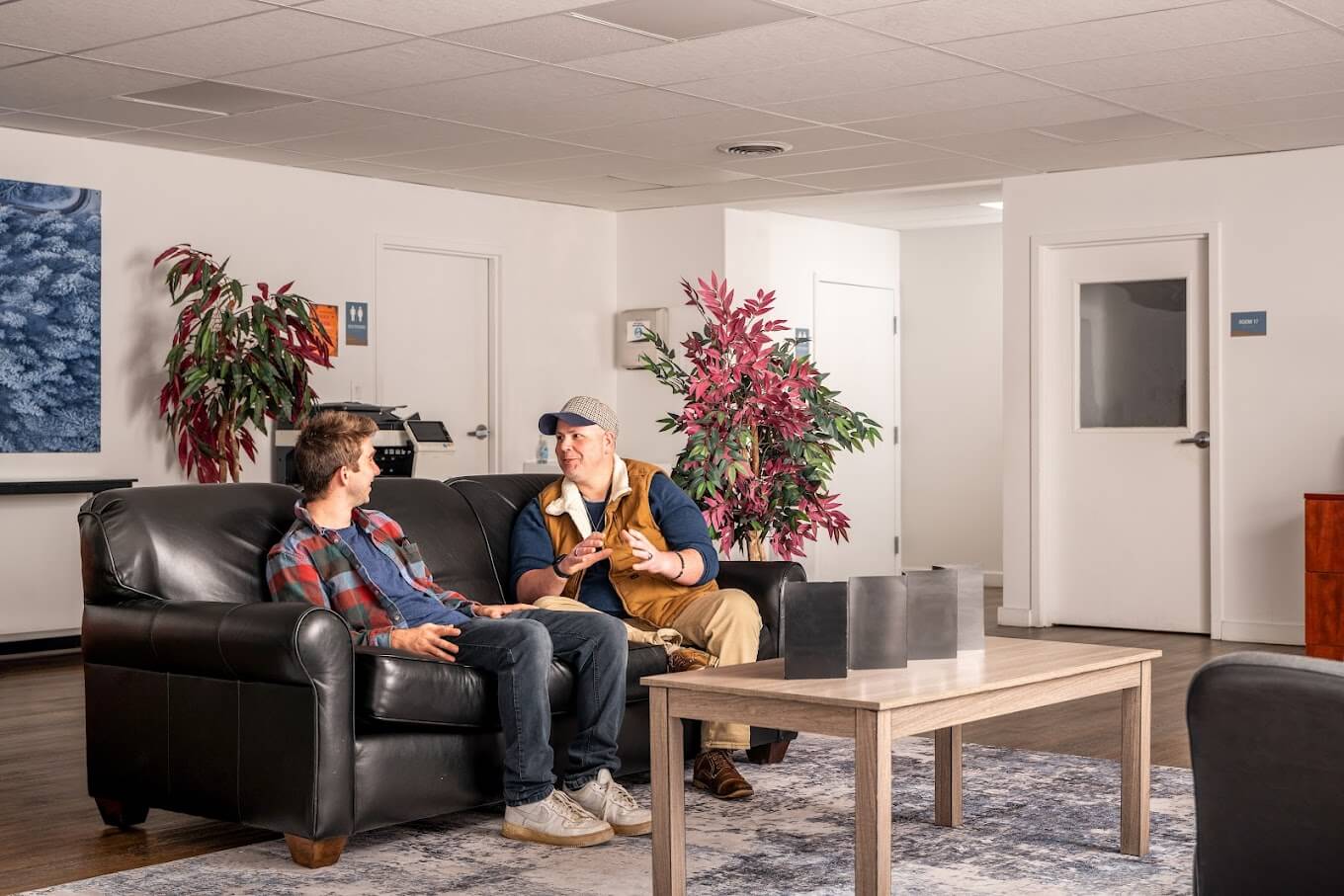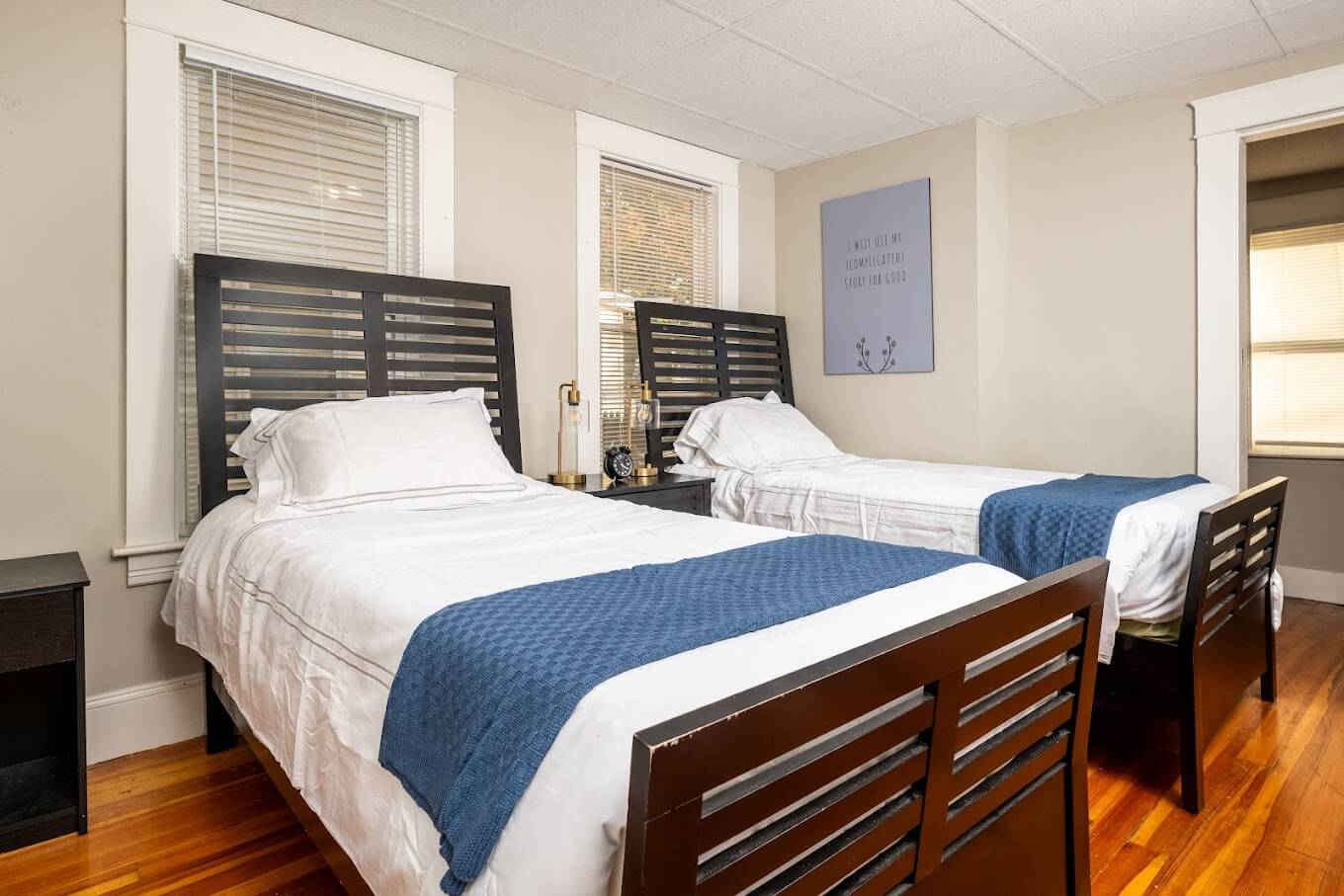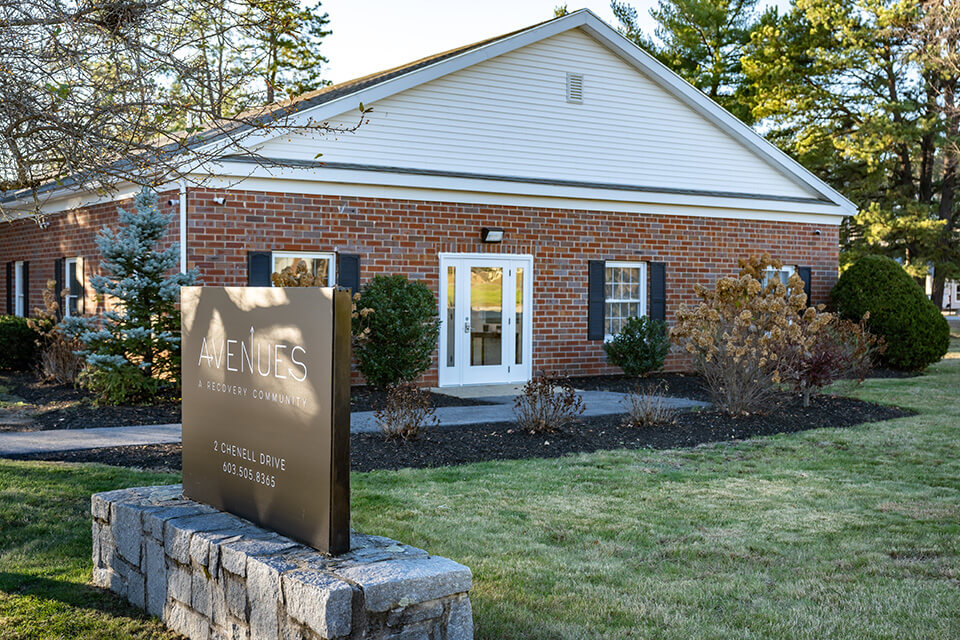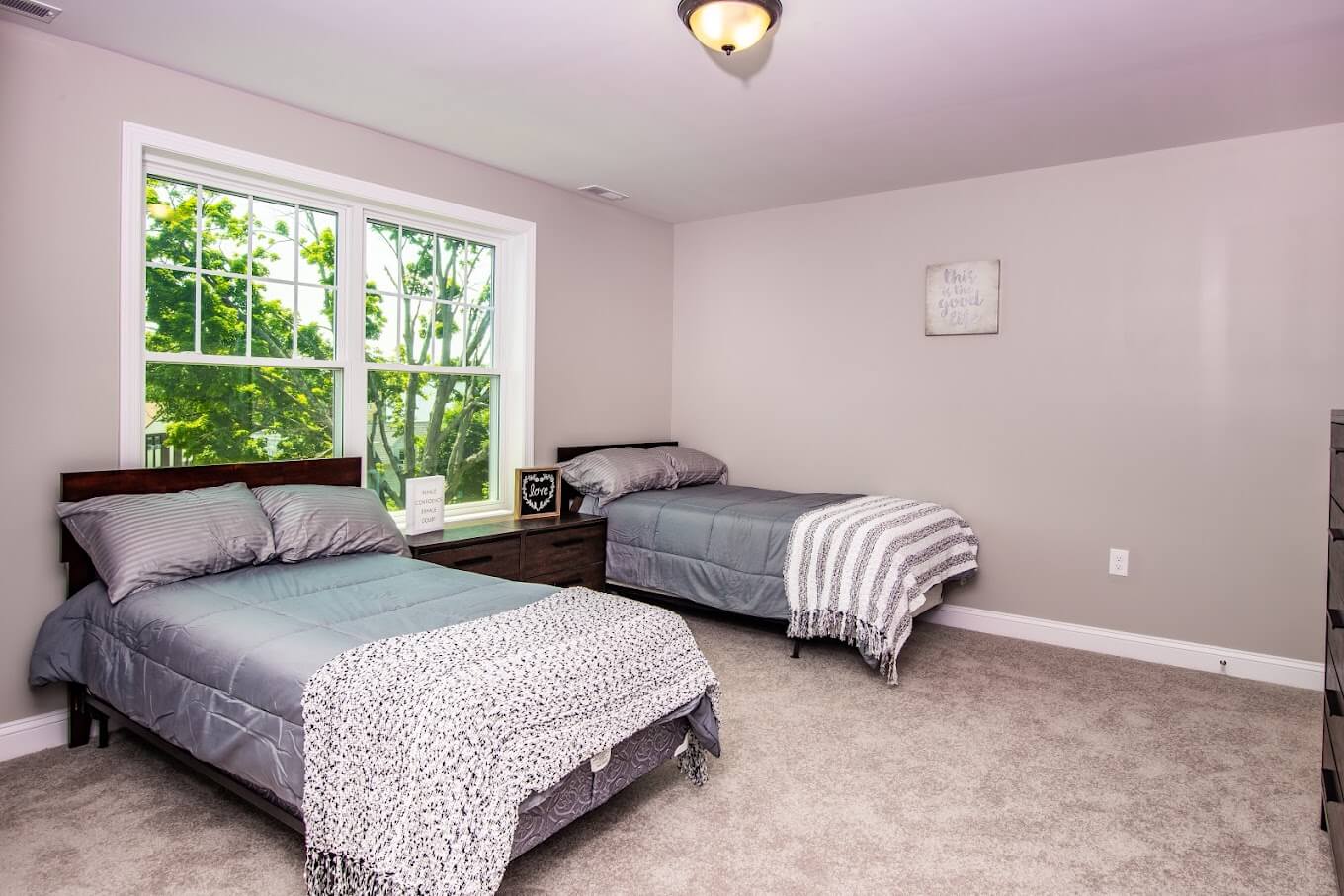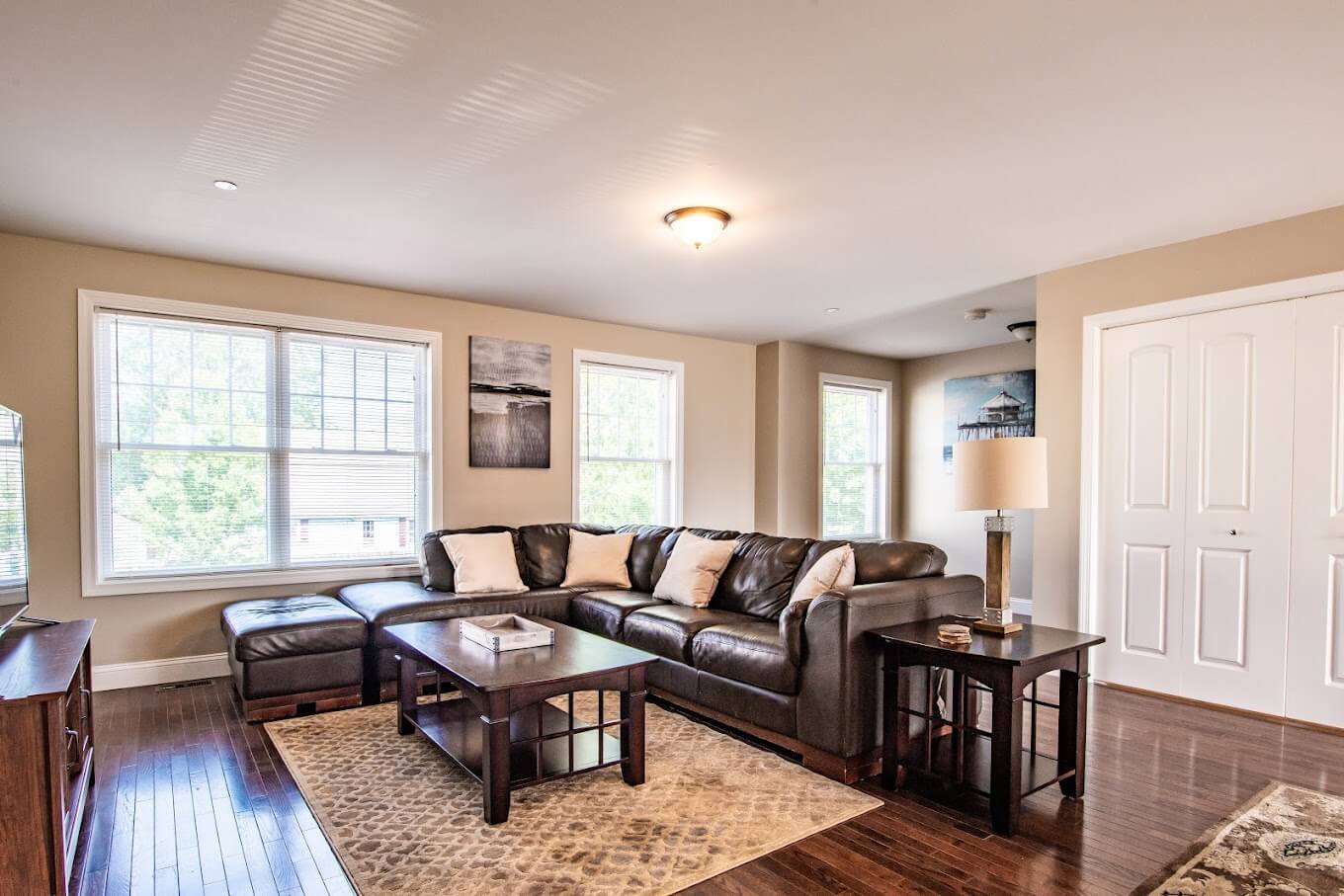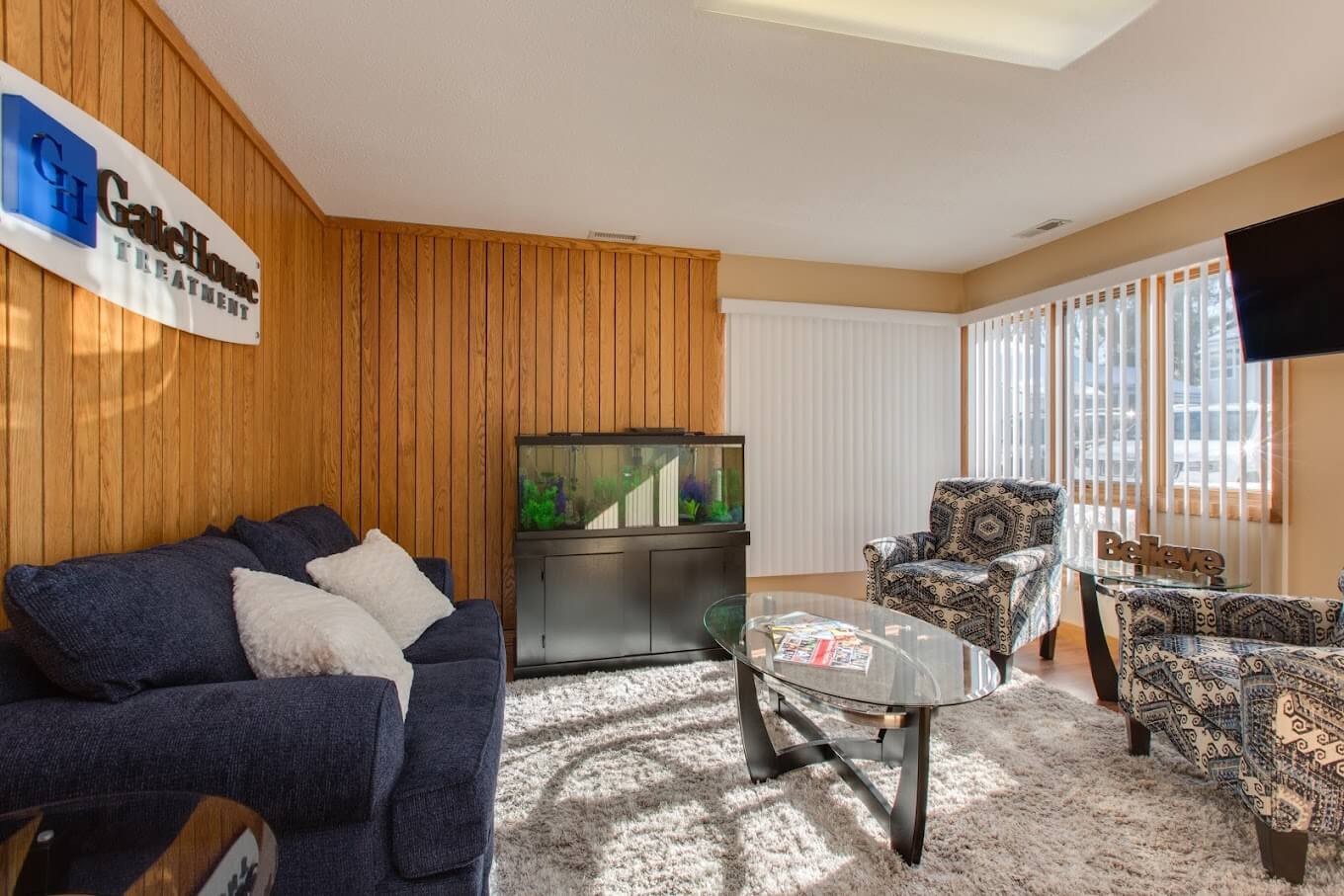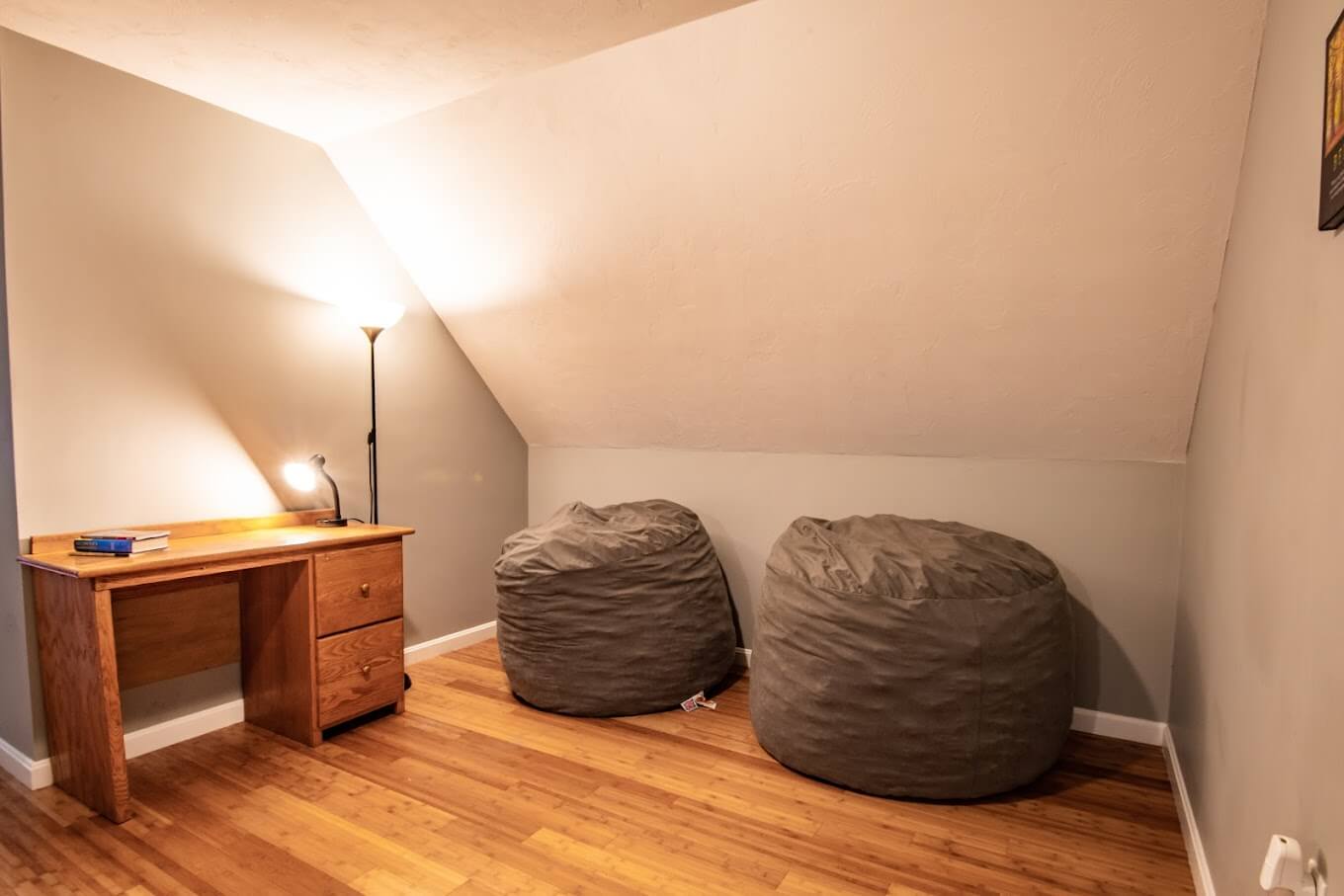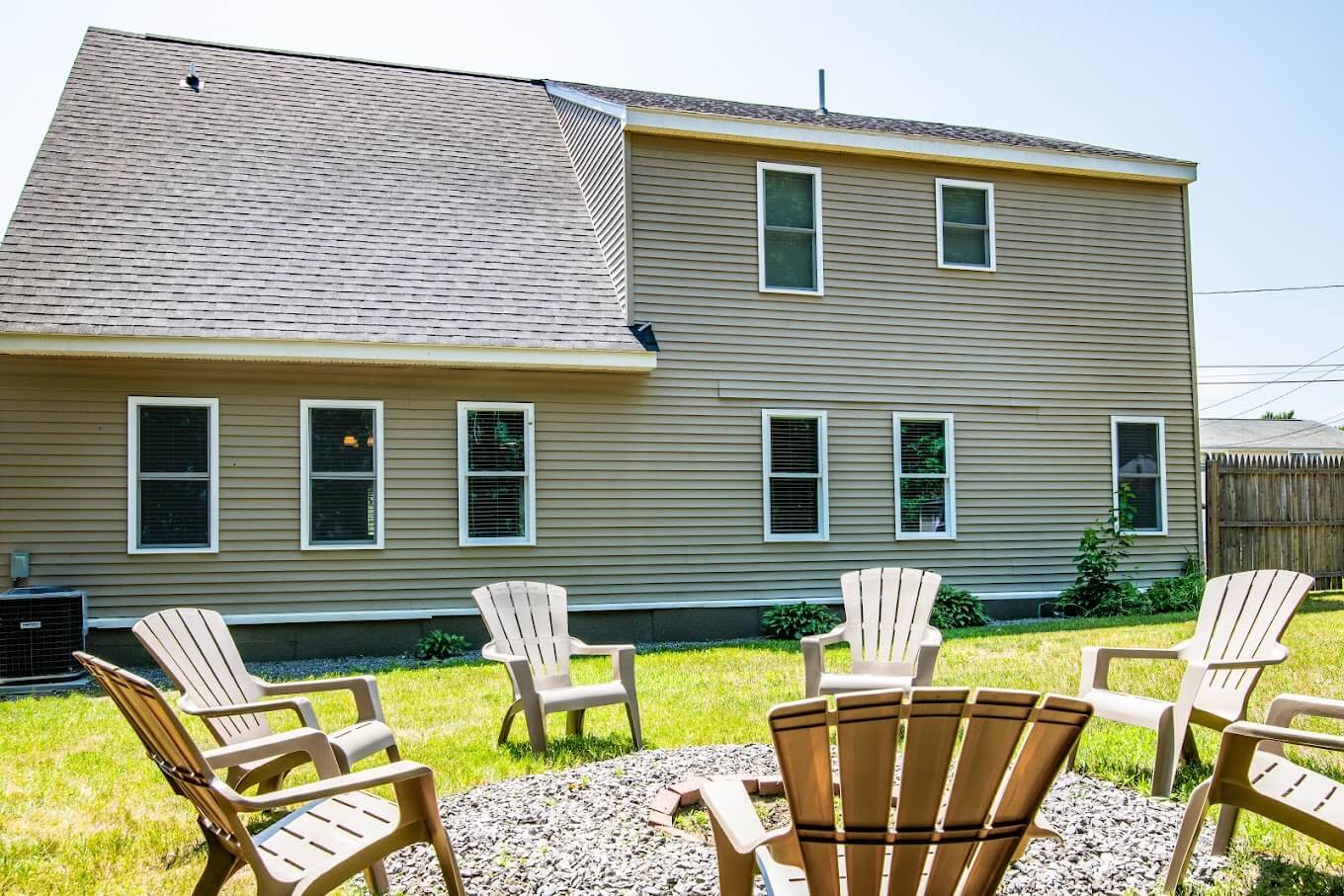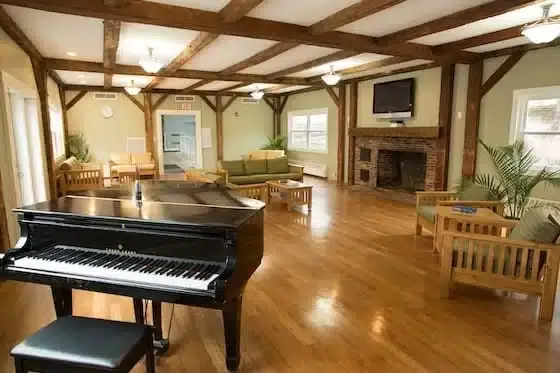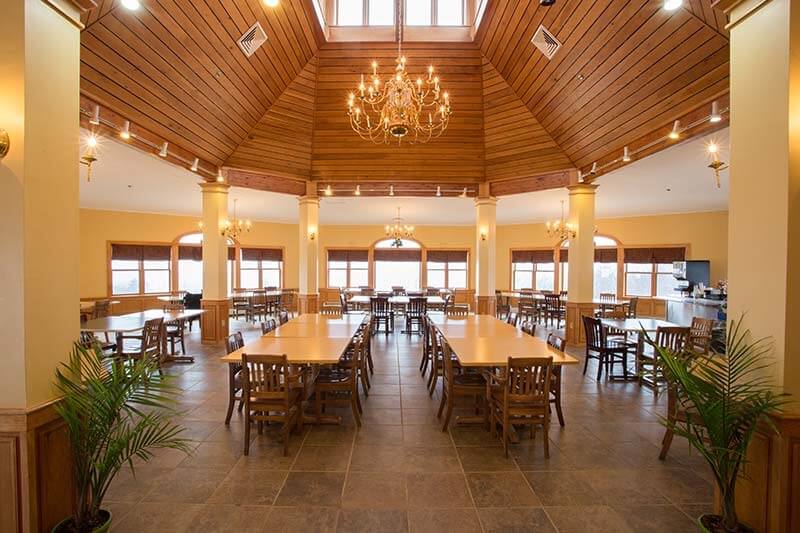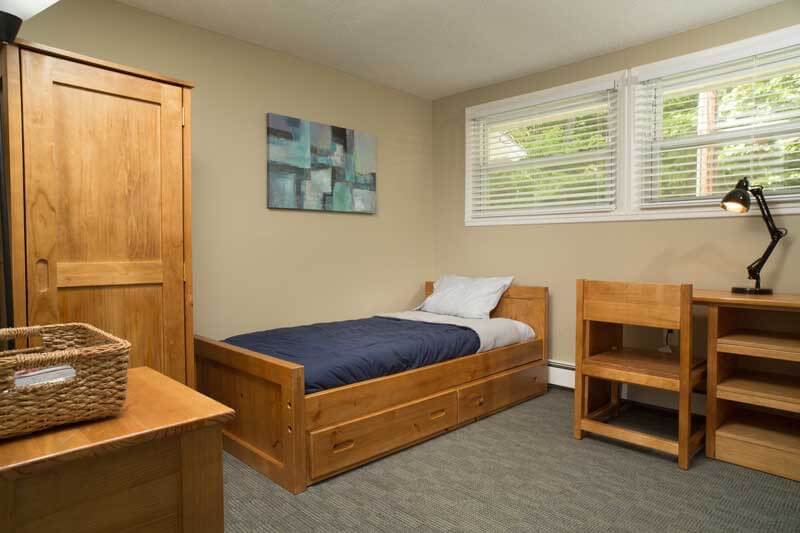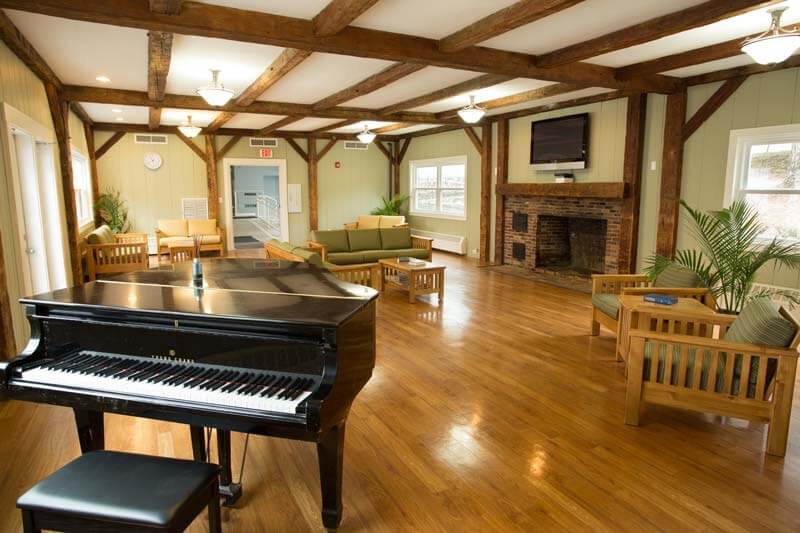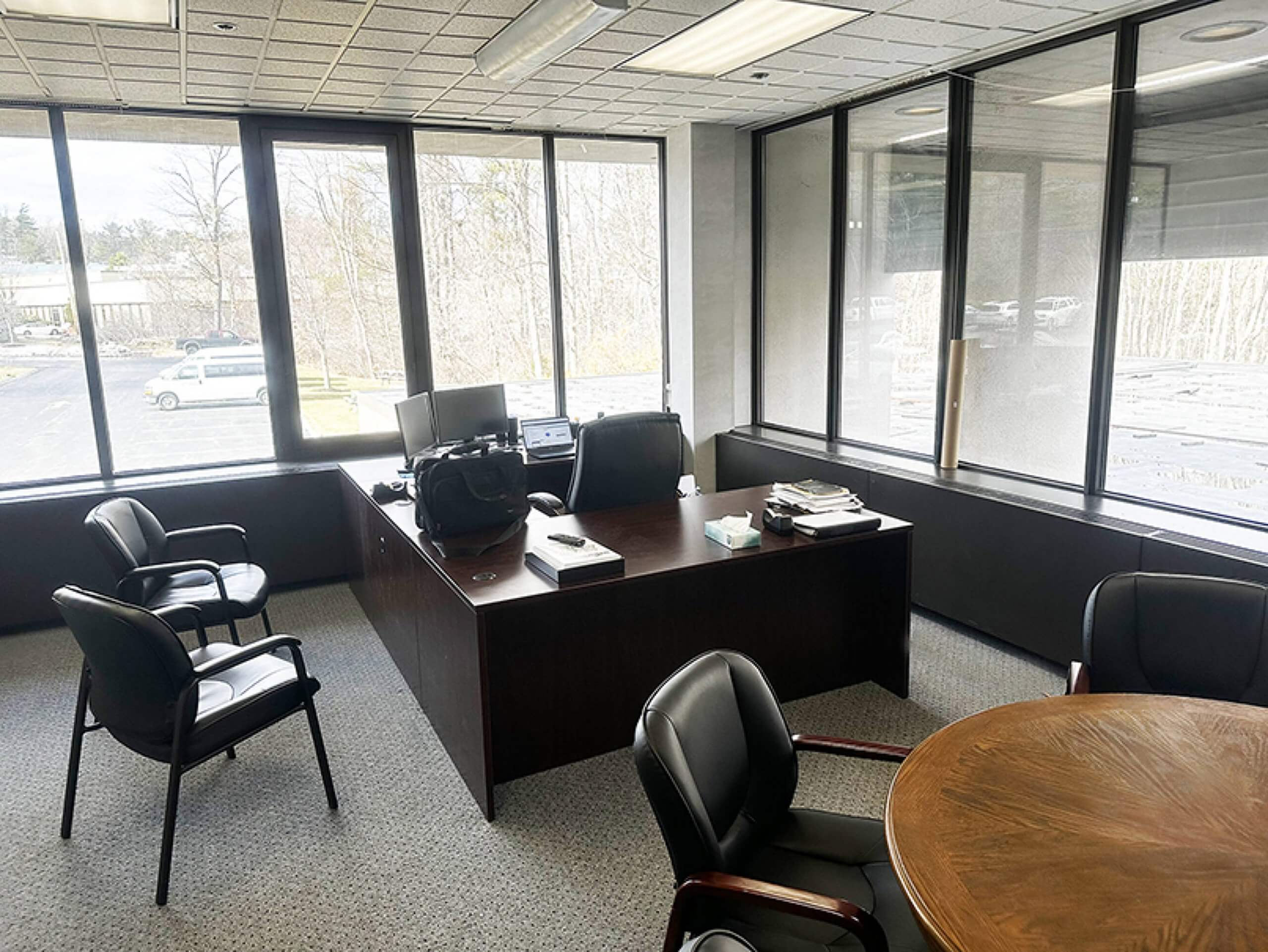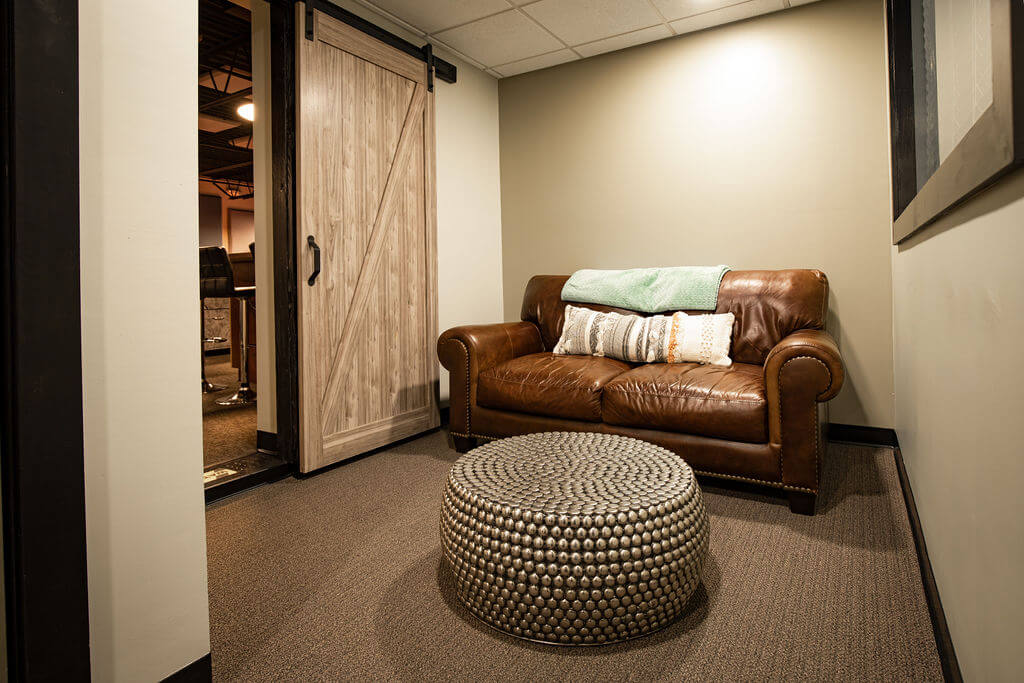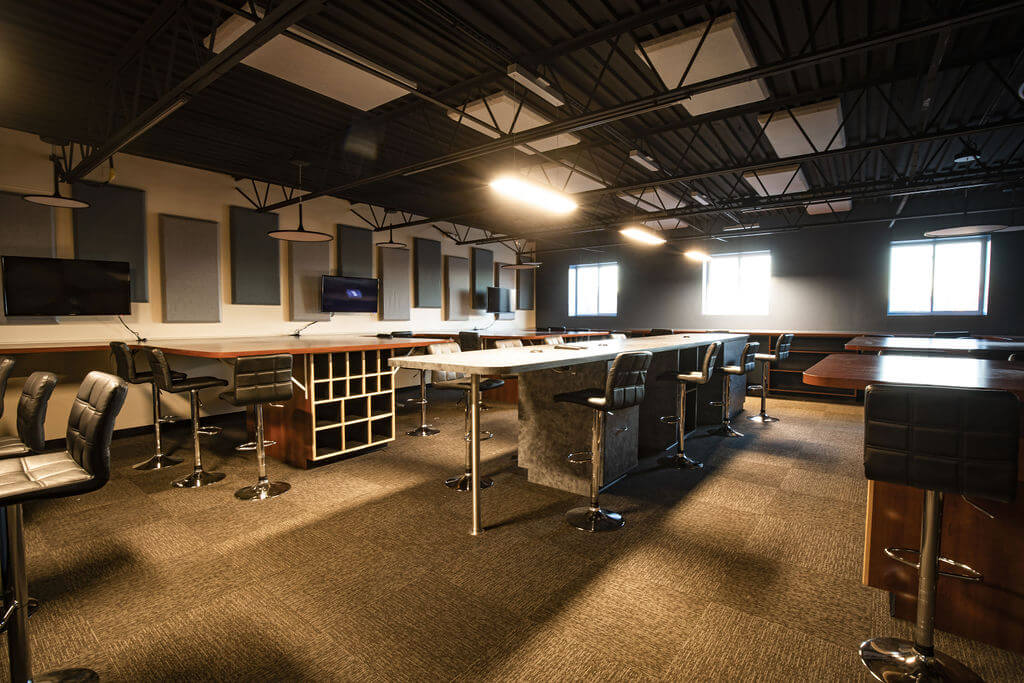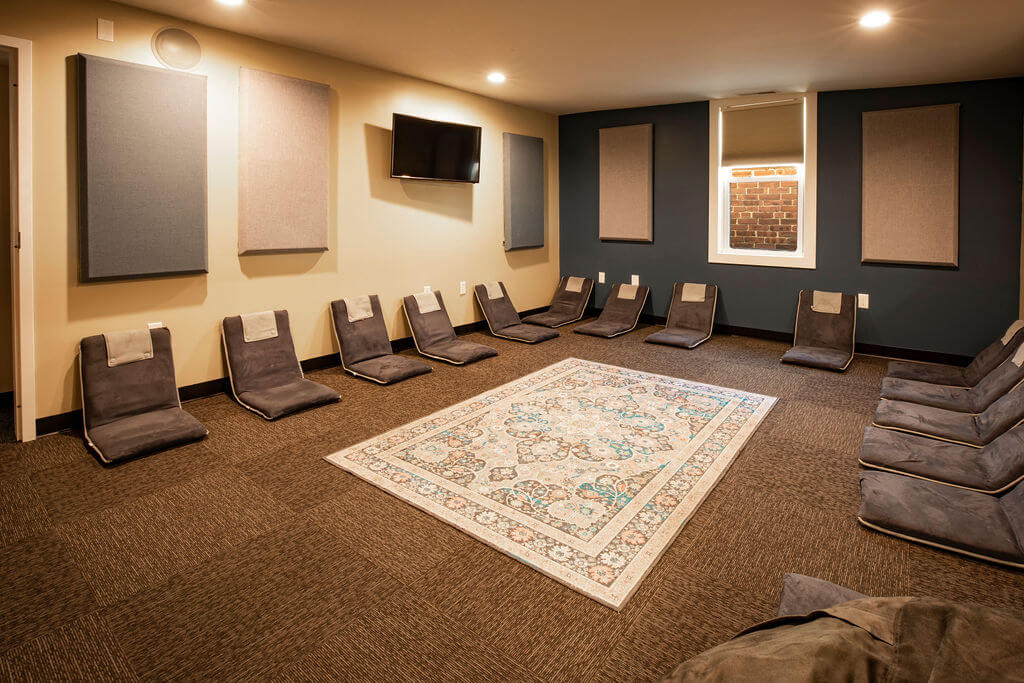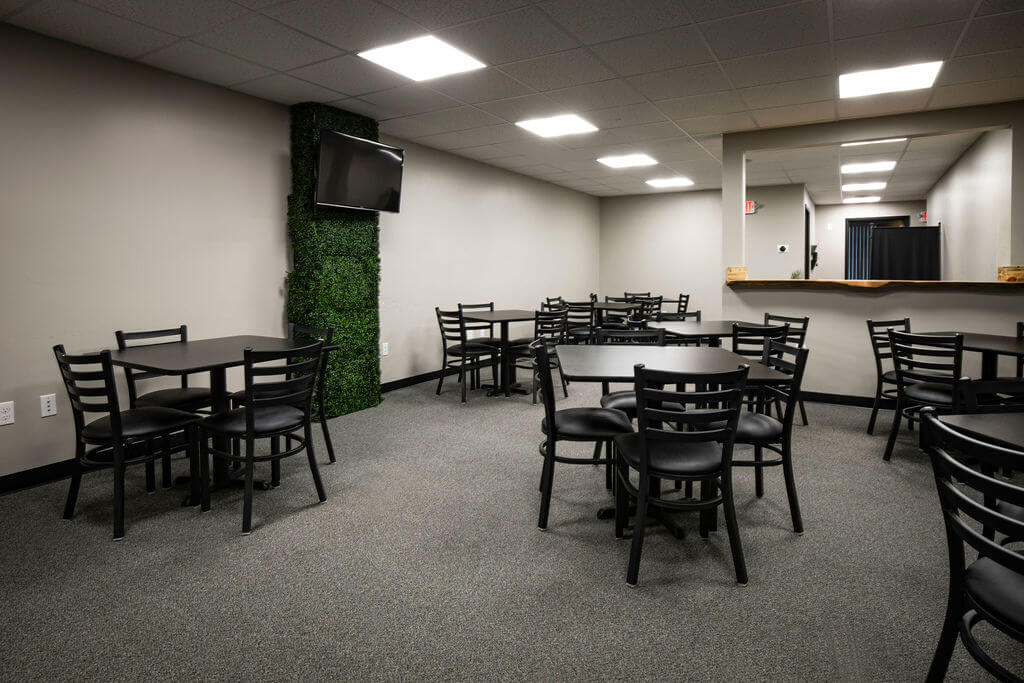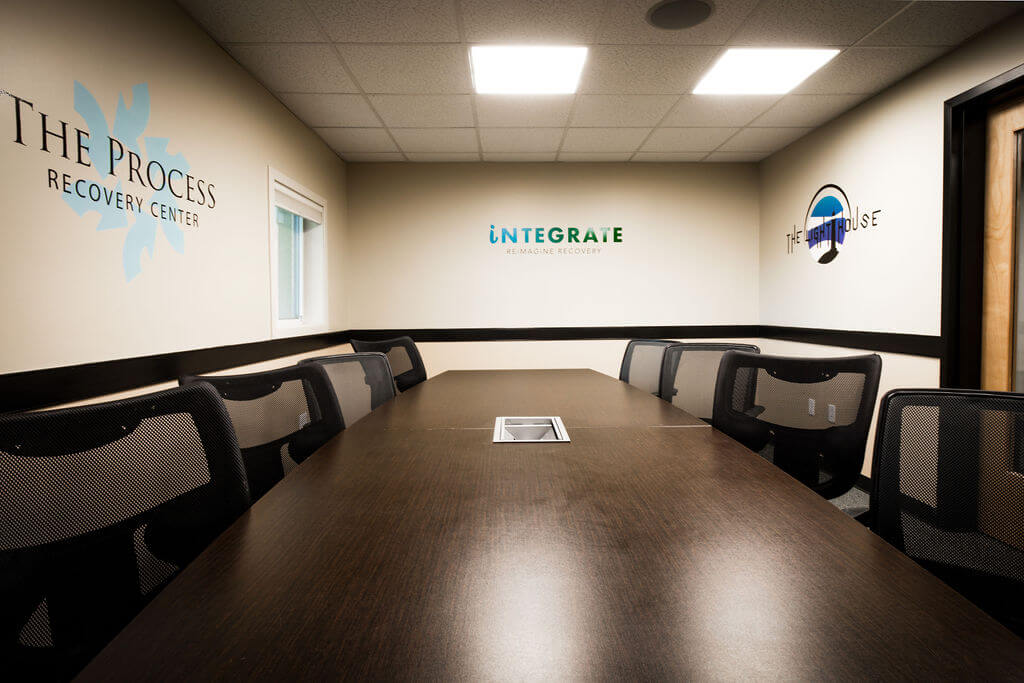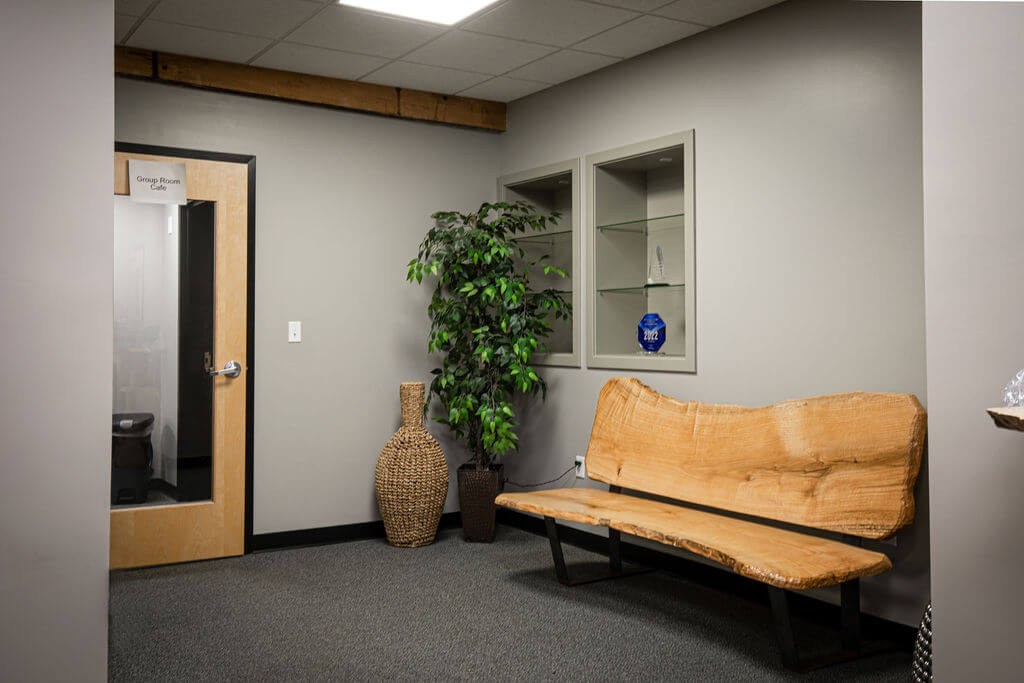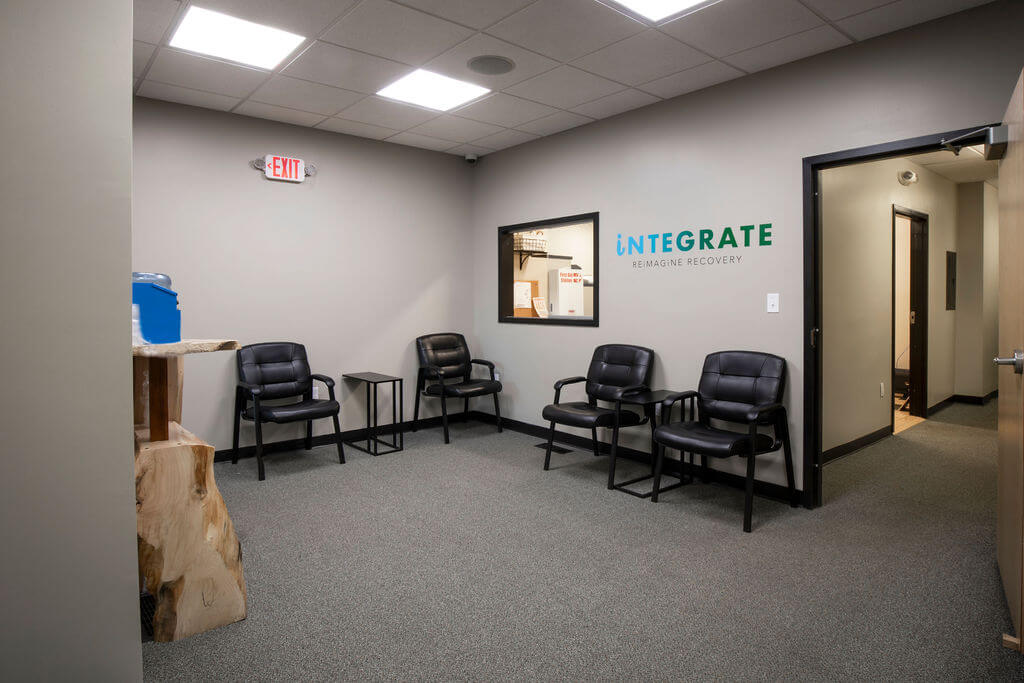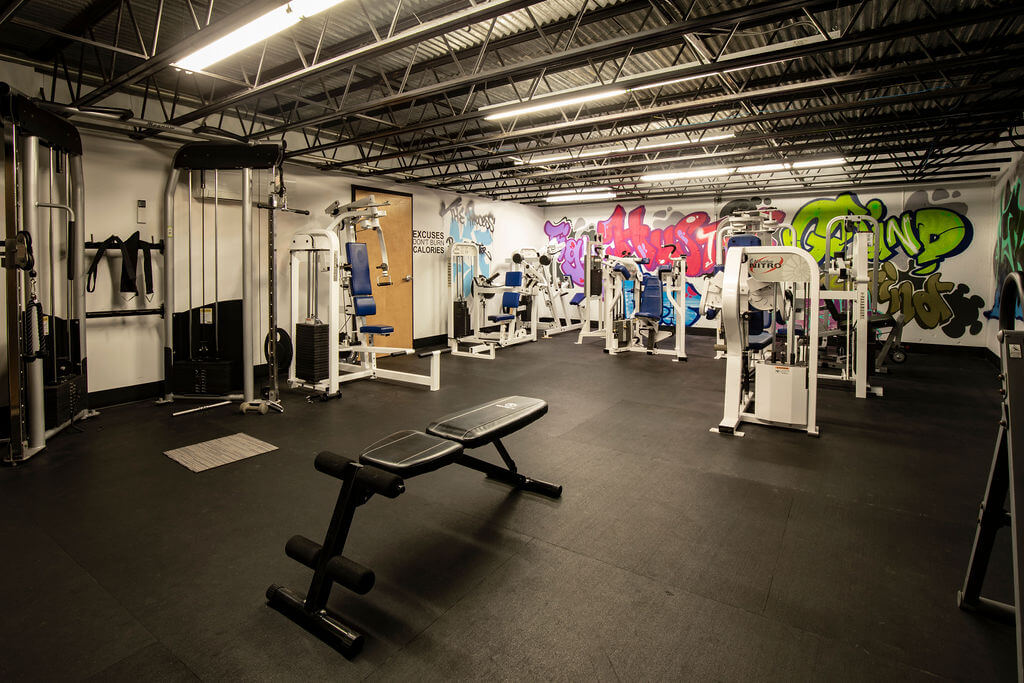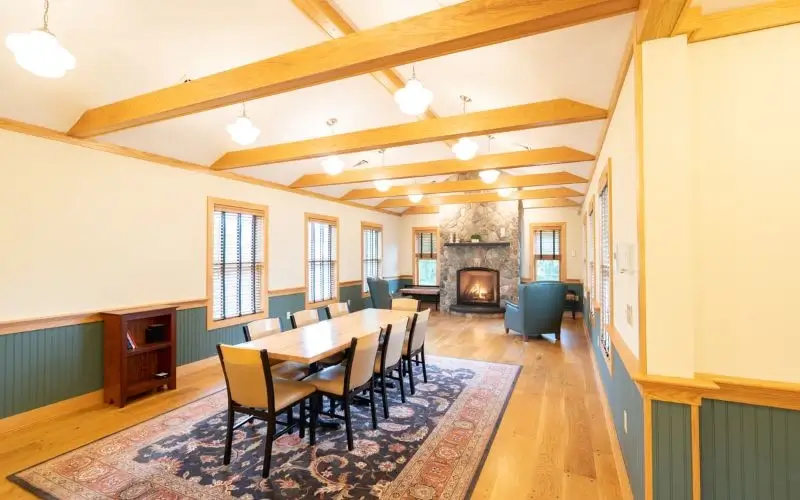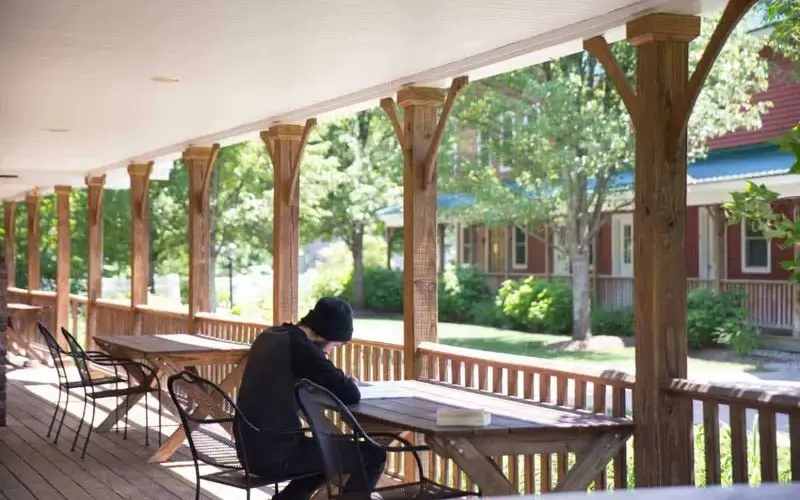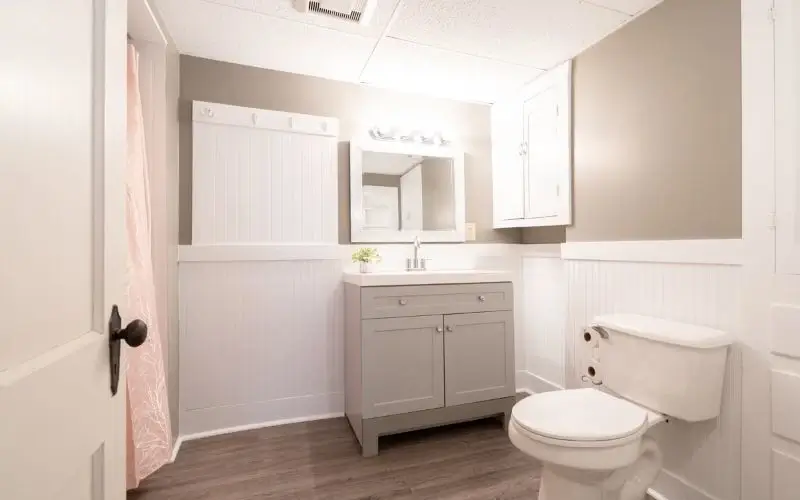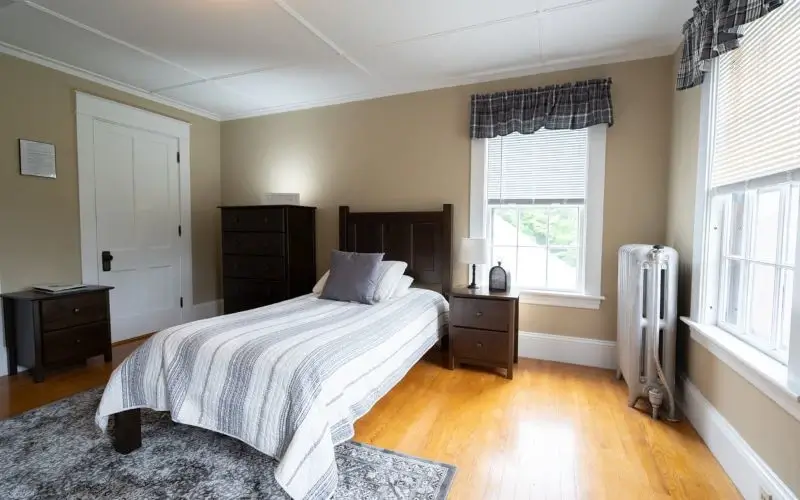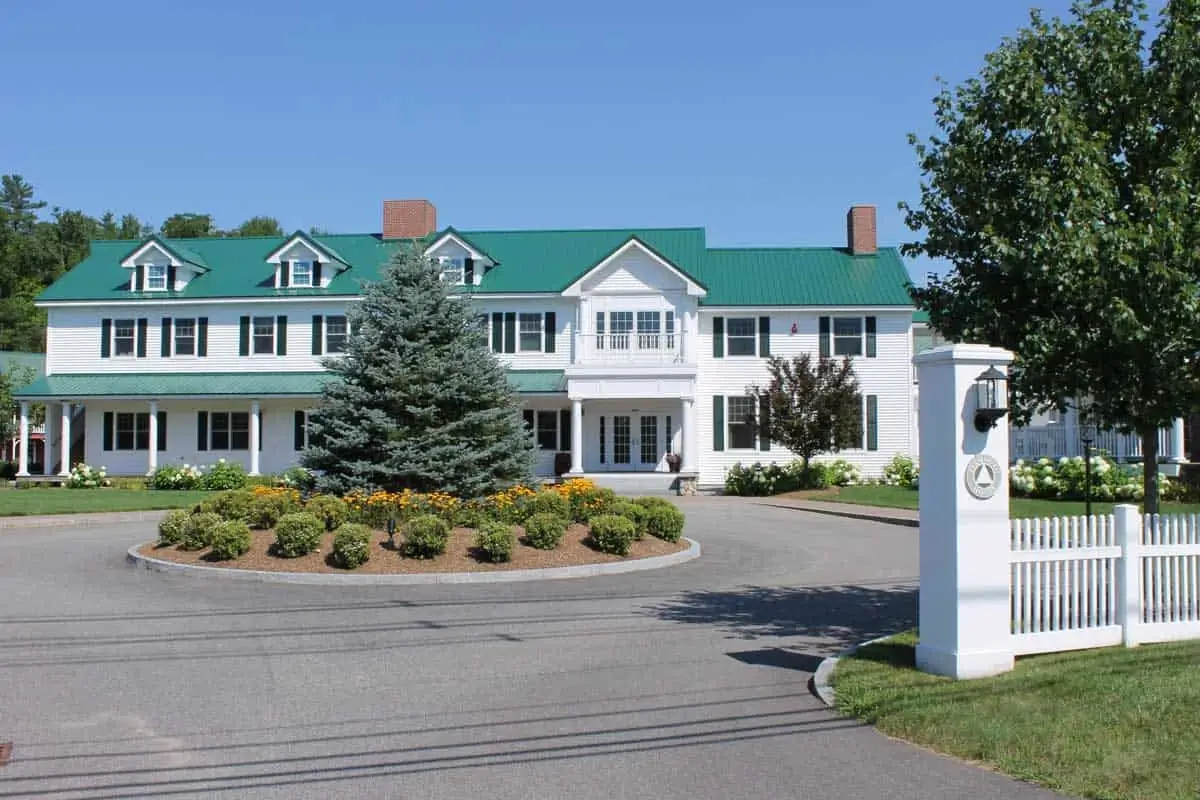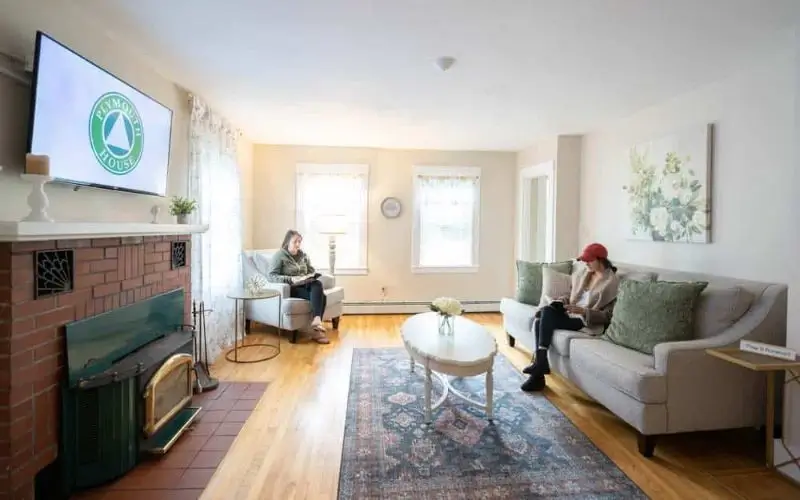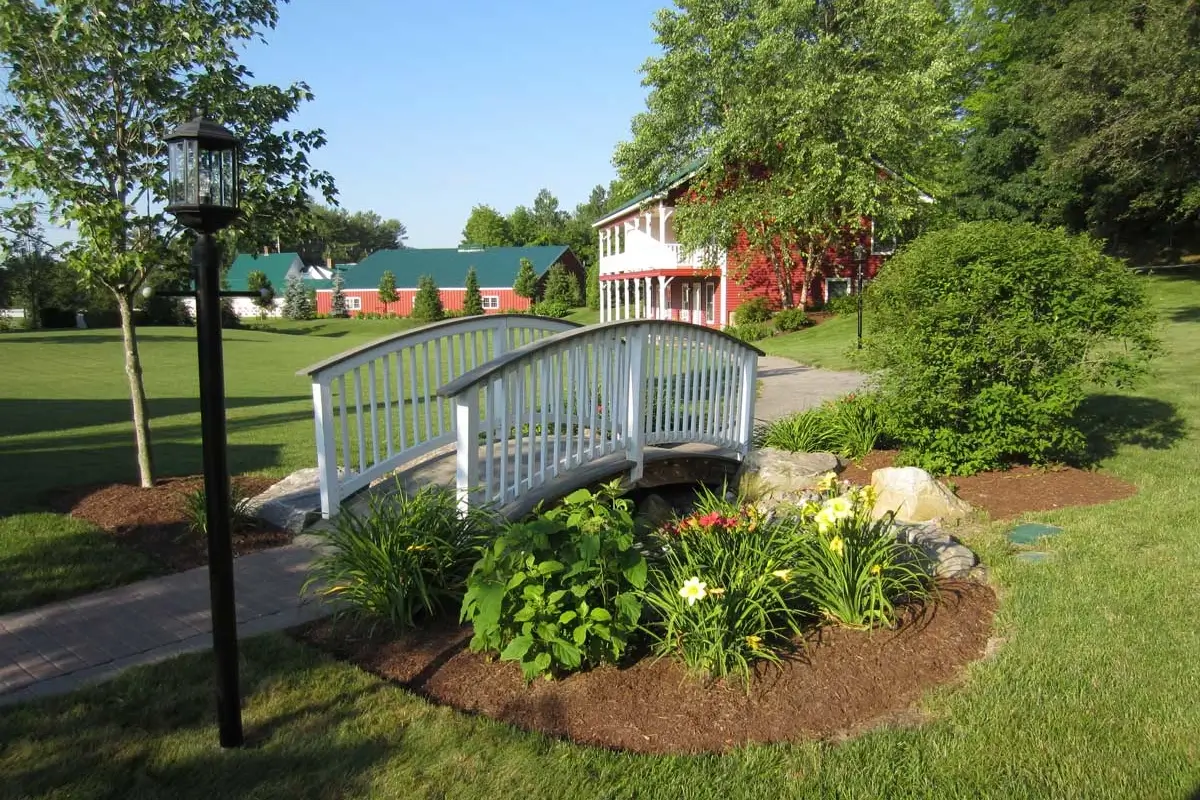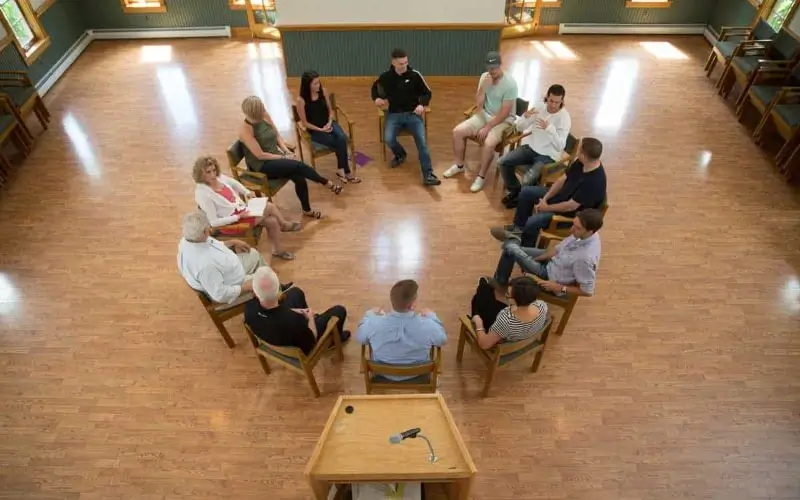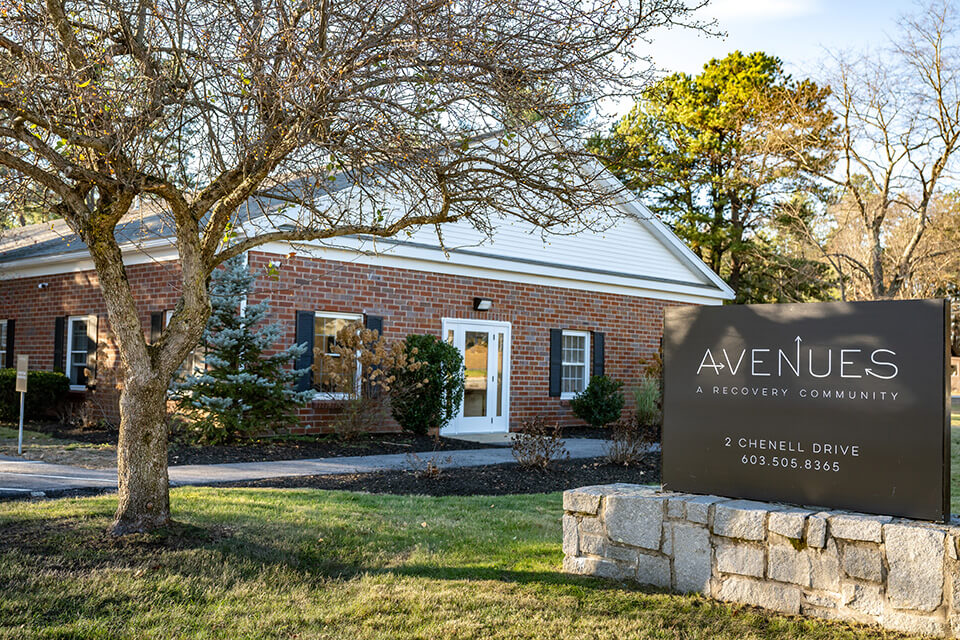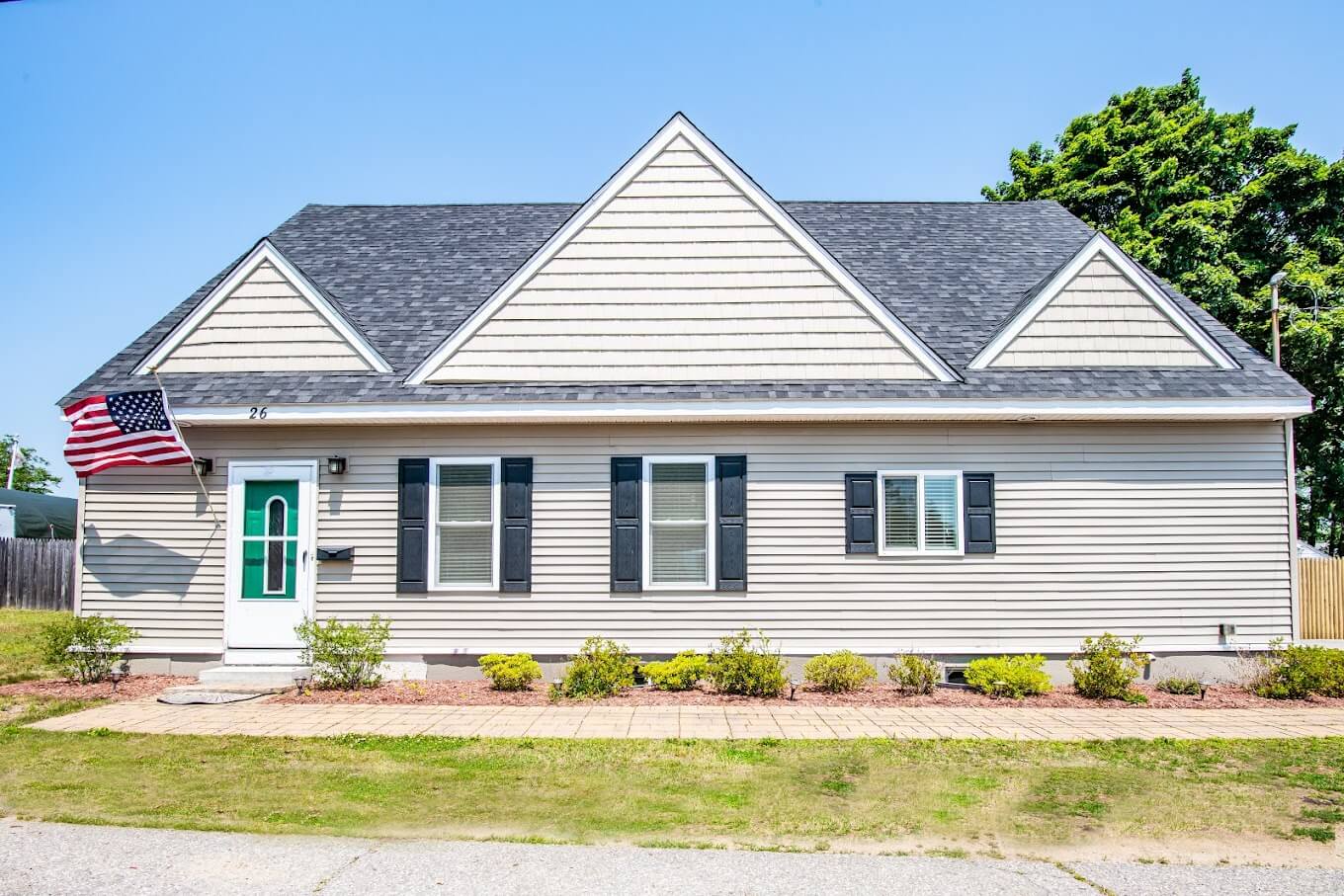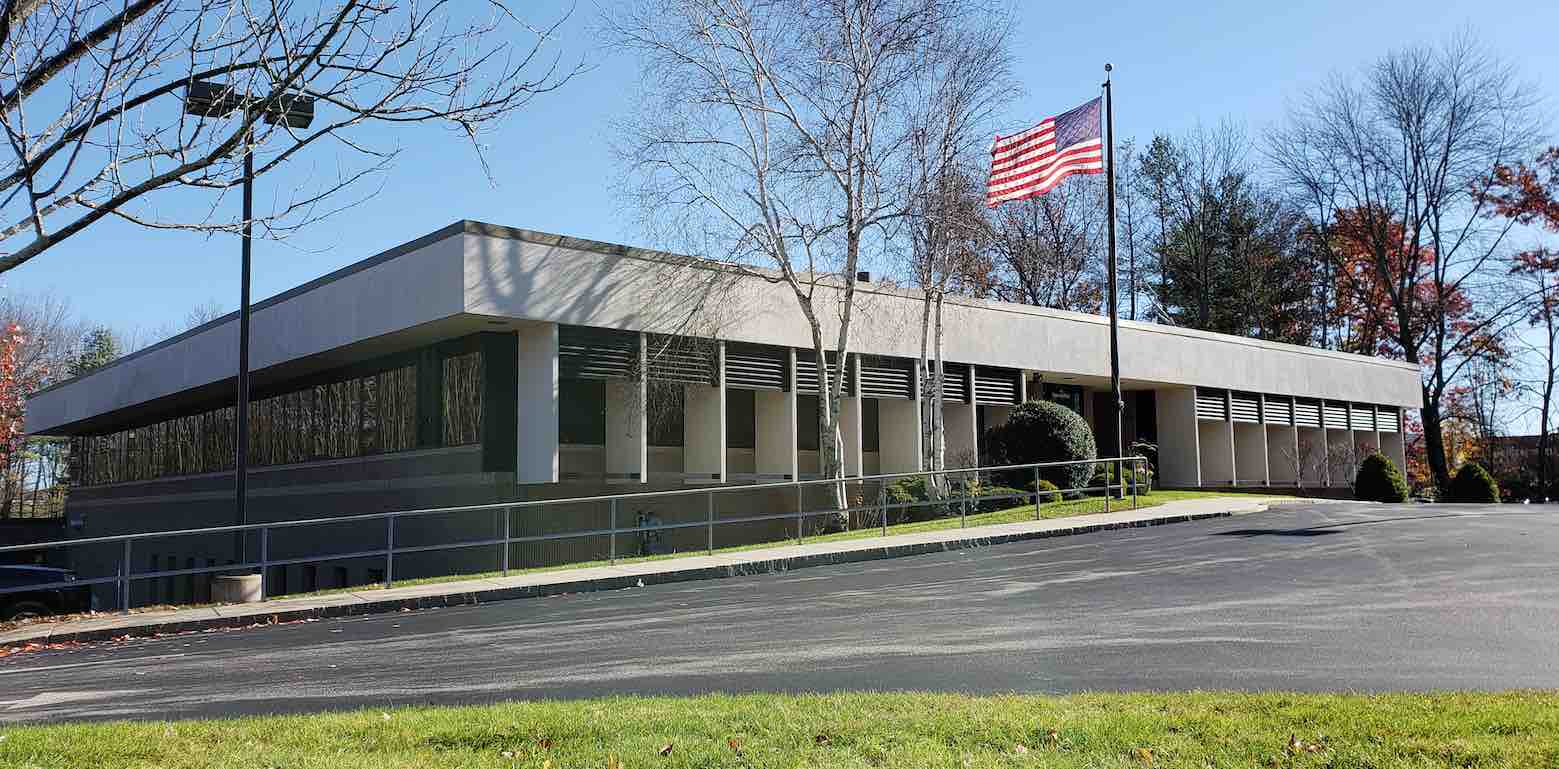7 New Hampshire Rehab Centers
Have a question about New Hampshire rehabs? Check our Frequently Asked Questions to learn more.
Green Mountain Treatment Center – Inpatient Drug Detox & Alcohol Rehab
Common Questions About New Hampshire Treatment Centers
What measures are in place at rehab centers in New Hampshire to prevent COVID-19 and other infectious diseases?
New Hampshire rehab centers follow strict guidelines to protect against COVID-19 and other diseases: Regular testing of staff and clients, Increased cleaning and disinfecting, Social distancing rules, Personal protective equipment (masks, gloves), Virtual counseling options to limit in-person meetings.
How do rehab facilities in New Hampshire support clients with severe mental health issues?
Treatment centers in New Hampshire provide comprehensive and coordinated programs to assist people coping with complex mental health challenges. These programs typically involve: Psychiatric evaluations and treatment, Managing medications. One-on-one therapy sessions; Group therapy sessions; Tailored support for individuals with co-occurring mental health and substance use issues The staff at these facilities are specifically trained in mental health care to provide the necessary support and tailored treatments for each individual.
Are there luxury rehab options in New Hampshire, and what additional amenities do they offer?
New Hampshire provides upscale rehabilitation programs that emphasize seclusion, ease, and custom-tailored attention. These centers are frequently situated in calm, natural surroundings and provide opulent amenities like personal suites, gourmet cuisine, spa treatments, workout spaces, and recreational pursuits tailored to the person’s likes. Luxury rehabs in New Hampshire prioritize comprehensive care, utilizing alternative therapies to promote physical, mental, and spiritual well-being.
How do rehab centers in New Hampshire prepare clients for potential triggers and challenges post-treatment?
New Hampshire rehab centers empower individuals for life after treatment by:
- Teaching strategies to prevent relapse.
- Creating tailored aftercare plans.
- Conducting workshops that enhance skills.
- Helping clients recognize triggers and build coping mechanisms.
- Fostering supportive communities.
Post-facility support includes:
- Continuous counseling.
- Support groups to connect with others.
- Alumni programs to maintain a sense of community and continued support.



























